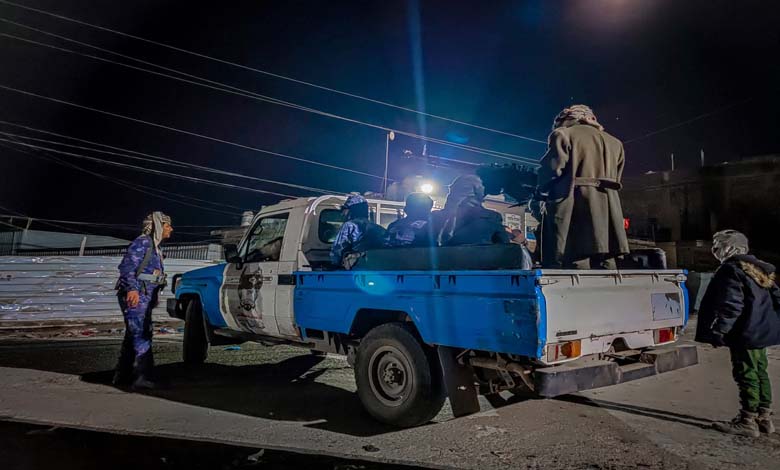Assassinations under the guise of security: how the Muslim Brotherhood tightens its grip on Taiz through chaos

In Yemen’s Taiz province, a surge in assassinations and security unrest has reached alarming levels. The Al-Islah Party — the Yemeni branch of the Muslim Brotherhood — faces growing accusations of shielding and orchestrating these acts of violence to “strangle” the city and consolidate its political and military influence.
-
Panic Grips the Muslim Brotherhood in Taiz: Latest Developments in the Murder of Iftihan al-Mashhari
-
Taiz rises against Muslim Brotherhood influence: calls for militia expulsion and popular awakening
The most recent incident occurred two days ago, when armed men affiliated with security units controlled by Al-Islah in the southern city of Al-Turba executed the son of a judge in front of his home. According to local sources quoted by Al-Montasaf Net, the security force raided the residence of Judge Abdel Hakim al-Najashi, head of the Ras al-Arah and Al-Madhariba court in Lahj governorate, and fatally shot his son, lawyer Abdel Rahman al-Najashi.
Witnesses reported that the young man refused to comply with what he deemed an unlawful arrest, demanding a judicial warrant. One of the officers then opened fire at close range, killing him instantly.
-
Brotherhood Immunity for Criminals and Forged Documents… What is Happening in Taiz, Yemen?
-
Fourth Day of Rage: The Al-Mashhari Storm Hits the Brotherhood in Taiz
The murder — just months after the victim’s graduation — sparked outrage and grief across Taiz, intensifying public anger over what many see as a campaign of intimidation and repression.
This killing followed, by only a day, an attempted assassination widely believed to have been orchestrated by Brotherhood-linked forces targeting Brigadier General Adnan Raziq, commander of the Yemeni Army’s Fifth Presidential Protection Brigade. A remote-controlled bomb detonated near Taiz’s central prison, killing two of his guards and wounding three others, including Raziq himself. Security authorities later confirmed the arrest of around ten suspects.
Observers and activists argue that such incidents are no longer random but part of a “systematic strategy” to destabilize the city — once celebrated as Yemen’s cultural capital — and impose political dominance through chaos.
-
The Muslim Brotherhood strangles Taiz: kidnappings over Facebook posts
-
Billions in corruption… The Muslim Brotherhood continues to manufacture crises in Taiz
On September 18, gunmen loyal to Al-Islah assassinated Aftehan al-Mashhari, director of the Cleanliness and Improvement Fund, triggering widespread demonstrations against the Brotherhood. A month earlier, on August 21, the chief of security for the Al-Taiziyah district, Lieutenant Colonel Abdullah al-Naqib, was killed when an explosive device targeted his vehicle on Jamal Street.
Human rights activists accuse both Al-Islah and the Houthi militias of exploiting these assassinations to eliminate rivals and consolidate control. The two factions effectively share control of Taiz province: the Brotherhood dominates the urban center, while Houthi forces hold the eastern outskirts. Despite ideological differences, their interests converge in maintaining instability — a chaos that ultimately strengthens both sides’ grip over a fractured province.












